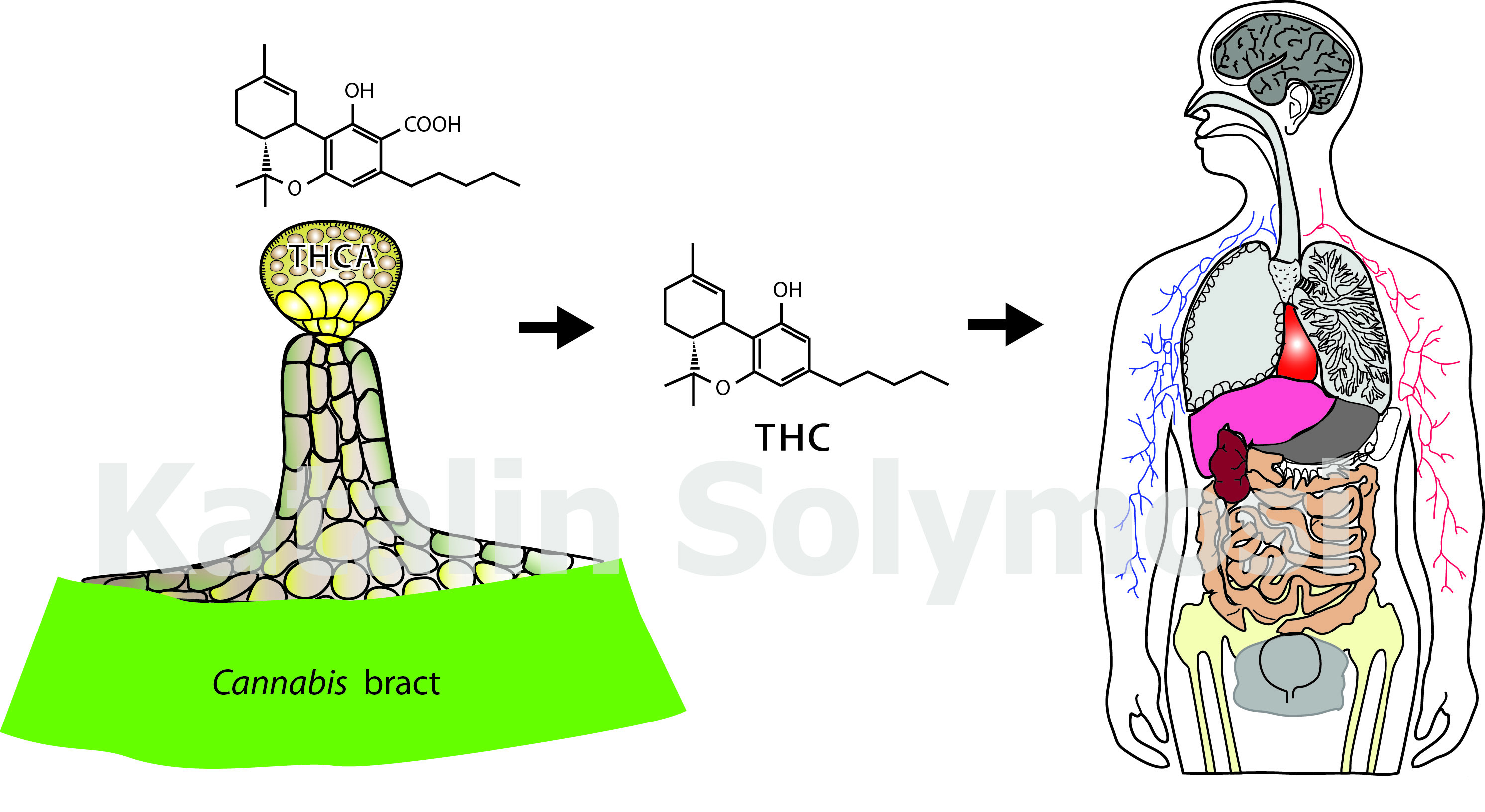Practices and seminars
Plant structure and function 1 practiceBiology BSc, compulsory course
Neptun code: nstfu1b17la
Curriculum
Cell biology practice 1.
Biology BSc, compulsory course
Neptun code: sejtb1b17ga
Curriculum
Pharmaceutical botany practice I. and II. for pharmacy students of the Semmelweis University in Hungarian and English - between 2005-2020
Neptun codes: wxxxsote201, wxxxsote202, wxxxsotebo3, wxxxsotebo4
Research Methodology seminar/practice
Biology MSc, compulsory course
Neptun code: kutmodub17gm
Plant and fungal model organisms seminar
Biology BSc, compulsory elective course
Neptun code: ngmodob20ga
Mentoring
Biology BSc, compulsory course
Neptun code: mentorb22ga
Electronmicroscopic techniques practice
Biology MSc, compulsory elective course
Neptun code: elemicnb22lm
Research methods in plant biology practice
Biology BSc, compulsory elective course
Neptun code: novbvmb20la
Lectures
Plant structure and function 1. lectureBiology BSc, compulsory course
Neptun code: nstfu1b17ea
Cell biology 2. lecture
Biology BSc, compulsory elective course
Neptun code: sejtb2b20ea
Applied plant biology and mycology lecture
Biology BSc, compulsory elective course
Neptun code: alknomb17ea
From molecules to cells II. lecture+practice and earlier Cell Biology lecture
Biology teacher MSc, compulsory course
Neptun code: molsejt2b22vo, sejttab18eo
Own course - Biology of crops
Biology BSc, MSc, biology teachers – special courseNeptun codes: bb2n1n25, hasznbnb17em Curriculum
Curriculum
Aim of the course:
Students get introduced into the biological (anatomical and physiological) features of the economically most important crops, with details about their cultivation, use and storage. Most important cellular, anatomical and morphological definitions are overviewed and discussed in this context, and other ’culinary’ and economically important expressions (such as fruit, vegetable, cereal) are compared and defined. As an outlook students will be informed about the history of cultivation and about economic, agricultural, and commercial aspects of the most important crops as well as their various uses. The speciality of this course is that it discusses species (starting from algae, fungi and including land plants) on the basis of their economic-industrial application instead of their other (solely biological) features, thus hopefully providing applicable and not only academic information.


